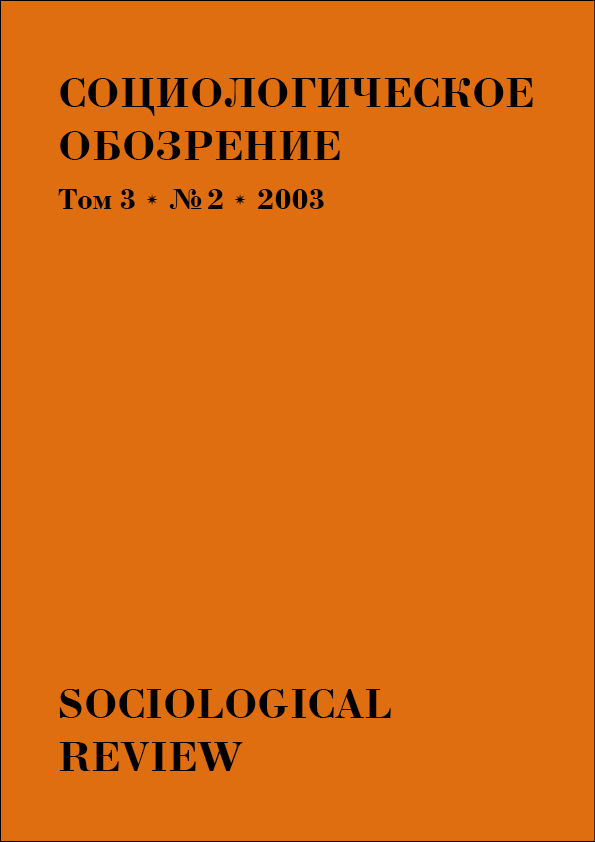On multiple realities
Keywords:
phenomenology, sociology of everyday life, scientific theorizing, finite provinces of meaning, fantasy, dreams
Abstract
Alfred Schutz’s classical paper discusses the problem of multiple finite province of meaning or realities faced by people in their life-world. According to Schutz, the supreme reality is the world of everyday life, from which we enter into, and to which we return from, other provinces: world of dreams, world of theatrical play, world of literary work, world of phantasms, world of scientific theorizing. Each of these worlds has different cognitive style, which consists of six elements: a specific tension of consciousness, a specific epoché, a prevalent form of spontaneity, a specific form of experiencing one’s self, a specific form of sociality, a specific time-perspective. Each of the worlds is constituted with a particular attitude of consciousness, and the transition between them is experienced as a shock. Through detailed analysis of the meaning structure of the world of everyday life, world of fantasy, dream world and the world of scientific theory, Schutz shows that phenomenological attitude reveals the mechanisms underlying the constitutive processes of perception of the world.Downloads
Download data is not yet available.
Published
2011-03-31
How to Cite
ШюцА., & КорбутА. (2011). On multiple realities. Russian Sociological Review, 3(2), 3-34. Retrieved from https://philosophy.hse.ru/index.php/sociologica/article/view/566
Issue
Section
Translations




